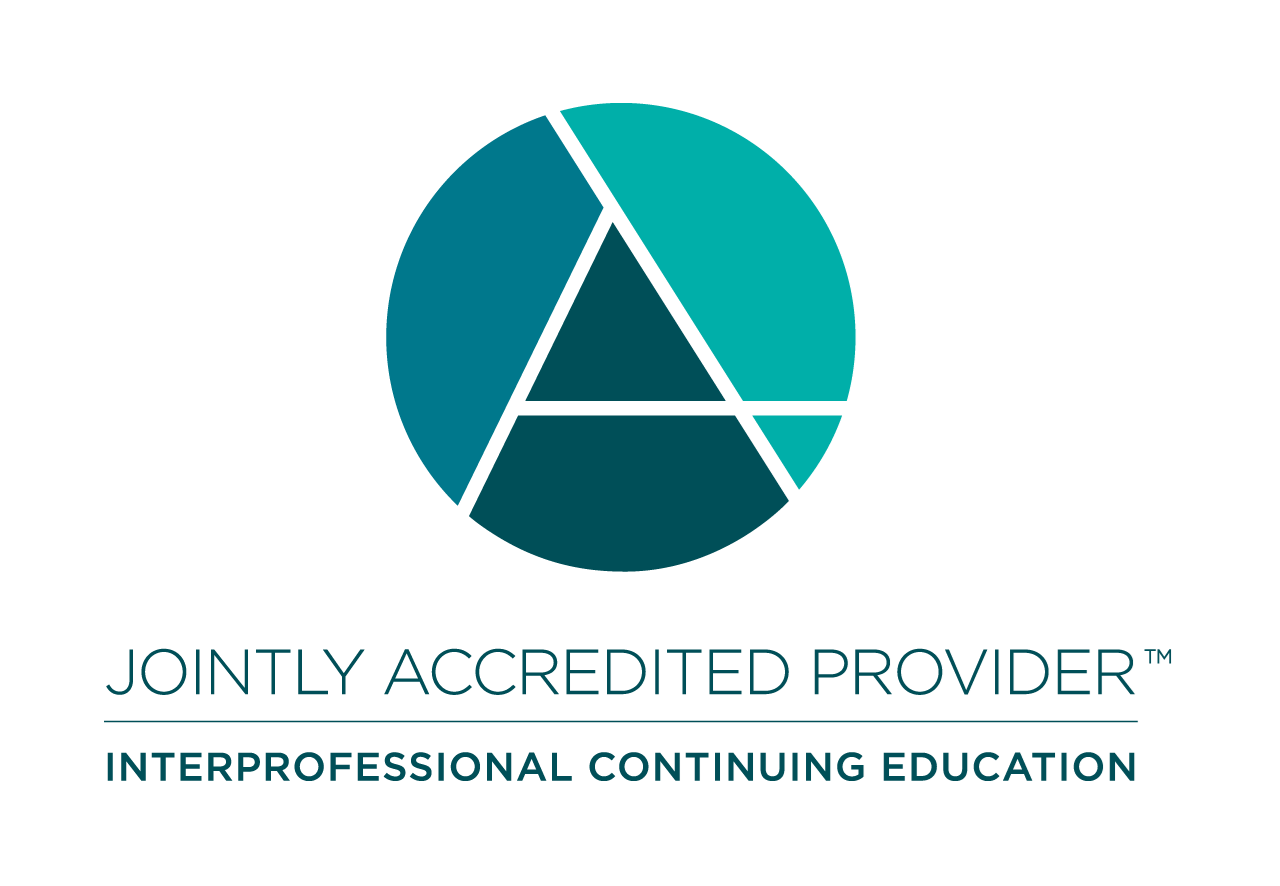Executive Health Equity Management
As the United States addresses health reform implementation, healthcare executives, administrators and providers are actively shaping solutions to our most pressing national issues. While rising healthcare costs and the attempts to curb spending have received much of the attention over the past decade, health equity solutions are now beginning to influence business practices. With the spotlight of COVID-19 health disparities, healthcare organizations across the nation strive to create diverse, equitable and inclusive environments for their patients, providers and administrative staff. To address the disparate populations impacted by the lack of health equity, solutions must start within the leadership of healthcare organizations. Healthcare organizations will need adequate tools and strategies to manage their investments in health equity, and leaders must prioritize making investments that increase health equity within the healthcare system and community.
Learning Objectives:
- Review health equity management as a business practice to create success in implementing health equity initiatives.
- Identify successful tools and strategies for advancing health equity through the design of an operational health equity management plan for healthcare organization leaders.
Presented By:
- Ebbin Dotson, PhD, MHSA, Assistant Professor, Health Management and Policy/Faculty Director, UM Summer Enrichment Program/Director, Health Equity Leadership Pipeline Collaborative, School of Public Health, University of Michigan
- Marlon Wardlow, FACHE, Senior Vice President, Equity and Inclusion, Parkview Health
This session was originally presented at the 2021 Congress on Healthcare Leadership.
Continuing Education Credit
ACHE Qualifying Education Credit
This recording is eligible for 1 ACHE Qualifying Education credit.
ACHE Education credits will be automatically updated in your My ACHE account upon completion of the recording.
Interprofessional Continuing Education Credit
In support of improving patient care, the American College of Healthcare Executives is jointly accredited by the Accreditation Council for Continuing Medical Education (ACCME), the Accreditation Council for Pharmacy Education (ACPE), the American Nurses Credentialing Center (ANCC), and the American Academy of PAs (AAPA) to provide continuing education for the healthcare team.
This activity was planned by and for the healthcare team, and learners will receive a maximum of 1 Interprofessional Continuing Education (IPCE) credit for learning and change. For further information about Joint Accreditation credits and certificates, please click here.
Physician Continuing Medical Education
The American College of Healthcare Executives (ACHE) designates this live activity for a maximum of 1 AMA PRA Category 1 Credits™. Physicians should claim only the credit commensurate with the extent of their participation in the activity.
Continuing Nursing Education
The American College of Healthcare Executives designates this live activity for a maximum of 1 contact hours of continuing nursing education.
Continuing Pharmacy Education
The American College of Healthcare Executives designates this knowledge-based activity for a maximum 1 contact hours of continuing pharmacy education credit.
Continuing Social Work Education
The American College of Healthcare Executives designates this knowledge-based activity for a maximum 1 contact hours of continuing social work education credit.
Continuing Education for Dietitians
The American College of Healthcare Executives designates this knowledge-based activity for a maximum 1 contact hours of continuing education credit for Registered Dietitians and Dietetic Technicians, Registered. RDs and DTRs should enter activities offered by jointly accredited providers as type 102 on Professional Development Portfolio (PDP) activity logs. CPEUs awarded must be commensurate with participation in the activity.
Physician Associate/Physician Assistant Continuing Education
The American College of Healthcare Executives has been authorized by the American Academy of PAs (AAPA) to award AAPA Category 1 CME credit for activities planned in accordance with AAPA CME Criteria. This activity is designated for a maximum of 1 AAPA Category 1 CME credits. PAs should only claim credit commensurate with the extent of their participation.




